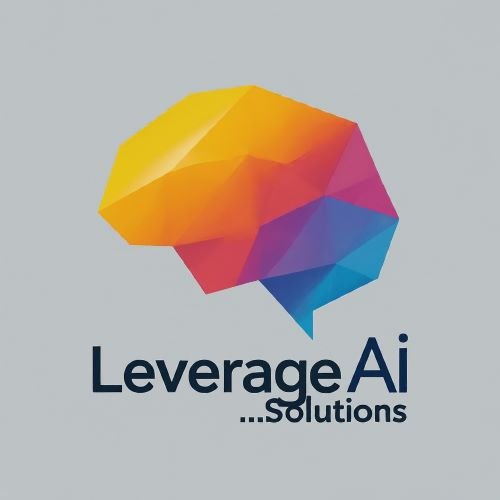Pharma’s Digital Transformation: IP Challenges and Strategies
In a recent article from the European Pharmaceutical Review, experts from the intellectual property (IP) firm Finnegan explore the readiness of the pharmaceutical industry for the wave of innovation brought about by digitalisation and automation. They delve into whether these advances pose a threat or serve as an ally to intellectual property rights within the sector. The discussion highlights the significant impact of artificial intelligence (AI), machine learning (ML), digitalisation, and robotic manufacturing automation on research and development (R&D), clinical trials, and manufacturing processes in the pharmaceutical industry. With an estimation suggesting that generative AI could contribute up to $110 billion annually across the industry’s value chain, the potential benefits are substantial.
However, alongside the opportunities, digitalisation and AI introduce legal complexities, particularly in the realm of intellectual property. The article covers several facets of this technological evolution, from AI and ML’s role in drug discovery—which could lead to 50 new therapies over a decade, creating a $50-billion market opportunity—to the automation and digitalisation of drug manufacturing. It also discusses the digitalisation of clinical data, which offers advantages in data quality, accessibility, and cost-efficiency.
Despite these benefits, the piece addresses the challenges of patenting AI inventions, noting that most jurisdictions do not currently recognize AI systems as inventors. This raises issues around inventorship and the need for companies to identify human contributions to inventions involving AI. The article also reviews patentability concerns specific to software and computer-implemented inventions, highlighting the evolving legal landscape in Europe and the United States.
Furthermore, the authors examine the risks associated with collaborations and mergers & acquisitions (M&A) in the AI space, emphasizing the importance of protecting confidential and trade secret information. They also touch upon the General Data Protection Regulation (GDPR) in the EU, underscoring the need for pharmaceutical companies to ensure data protection when implementing new digital and AI-based technologies.
In conclusion, while the rapid advancements in AI, ML, and digitalisation offer promising benefits to the pharmaceutical industry, they also present new risks and legal challenges. The article urges pharmaceutical companies to navigate these challenges carefully and stay abreast of the changing legal framework to maximize the potential of digital innovations.
The article features insights from Antje Brambrink, Marco Thurner, and Charles Collins-Chase, all of whom are associated with the IP firm Finnegan, highlighting their expertise in navigating the complex interplay between technological innovation and intellectual property in the pharmaceutical sector.
